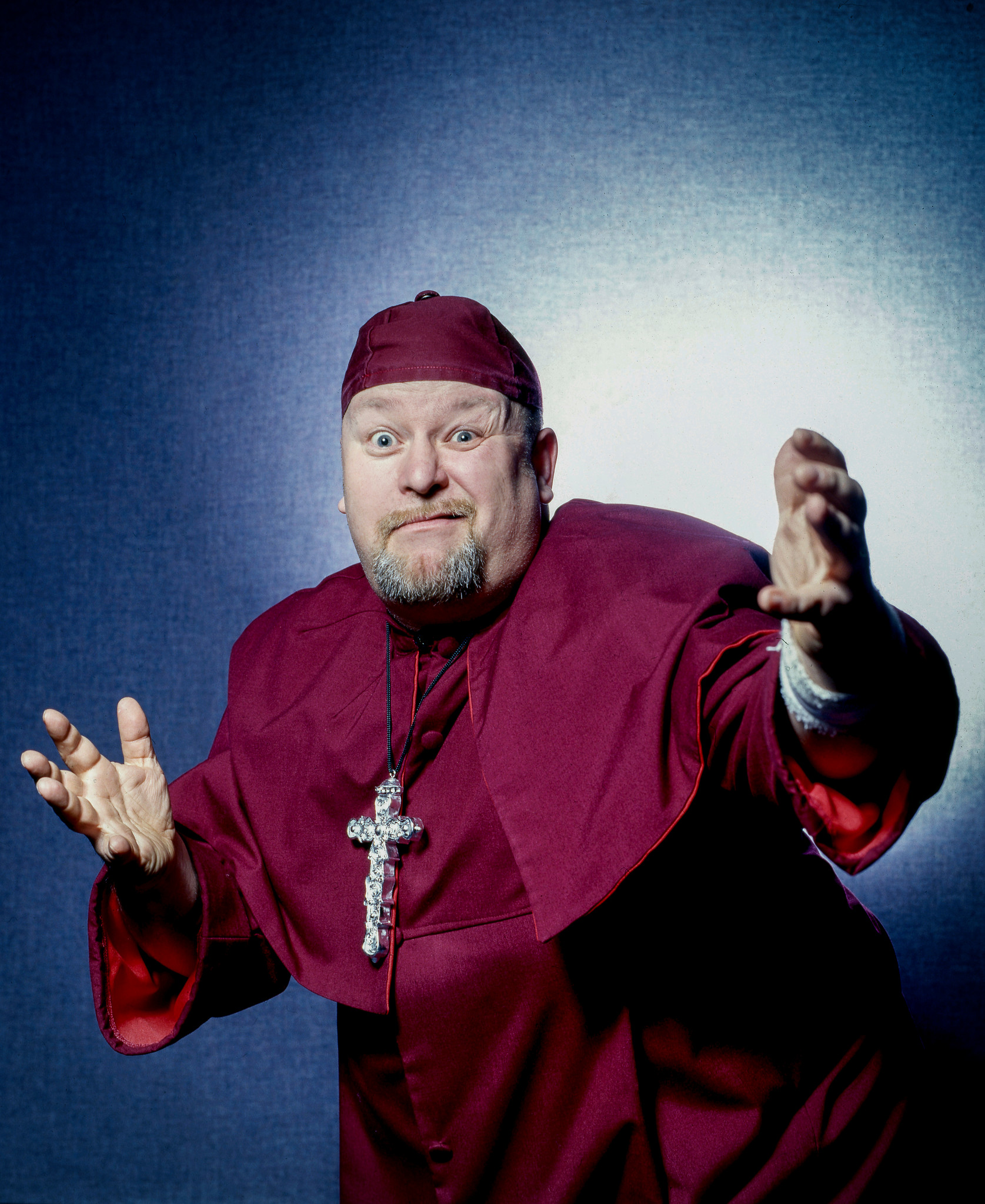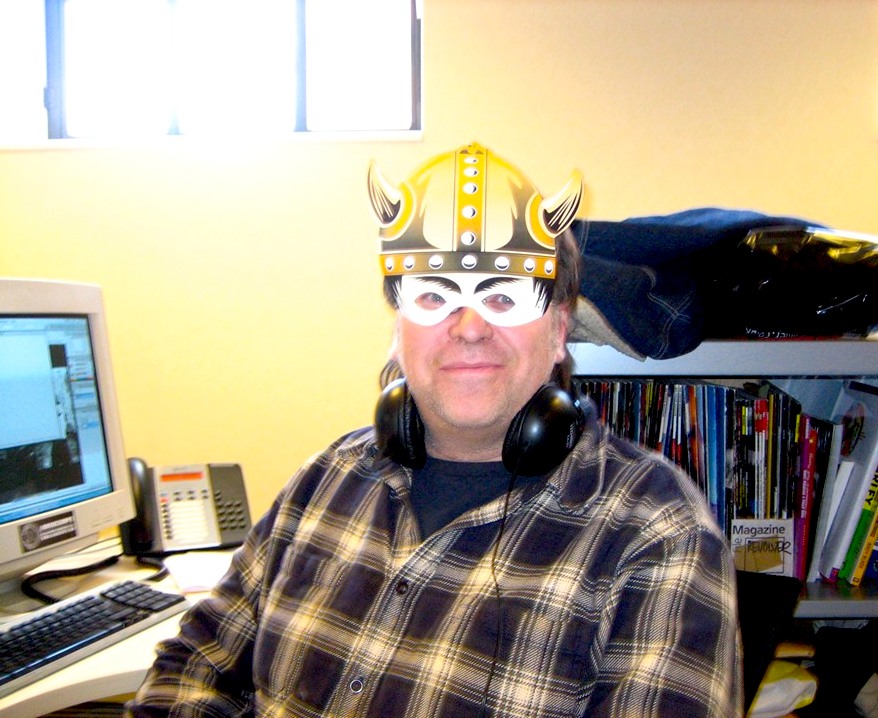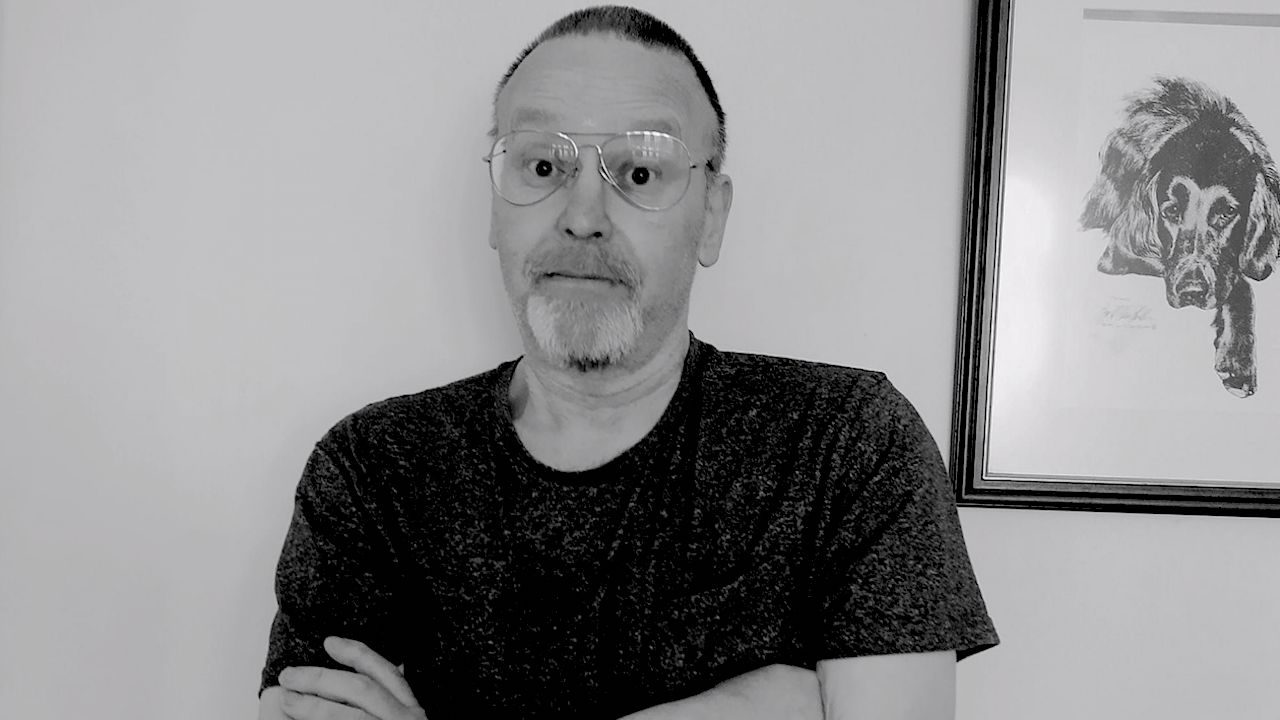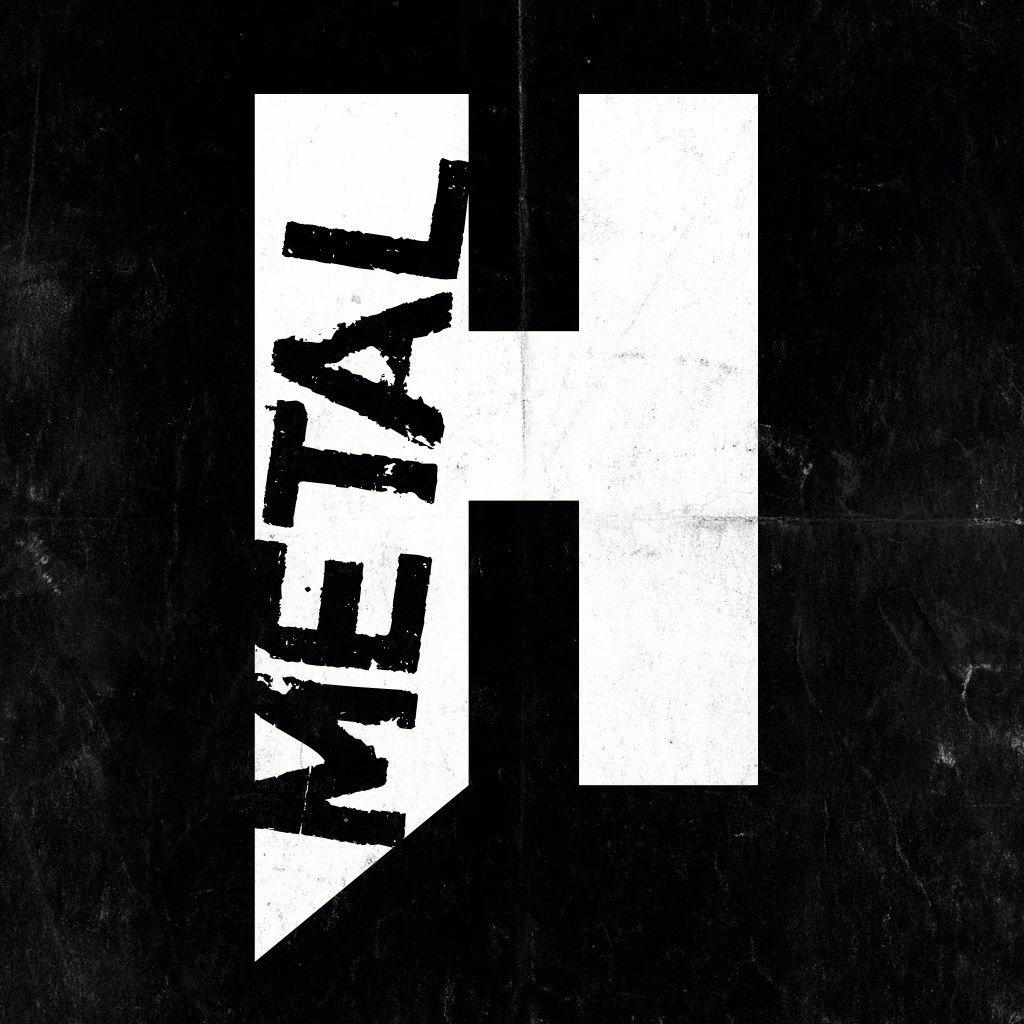An instinctive journalist with a carefully cultivated enigmatic charisma, Allan McLachlan was everything he didn't appear to be. Many close colleagues didn't even know his real name wasn't Tommy Udo. He had a reputation for being gruff, aggressive and confrontational. His hilarious Facebook persona was similar, full of irreverent ranting fury and biting satire aimed at vacuous meme-led inanity. In the words of another cultural polymath, Clive James, the vacant had been given carte blanche to adore themselves. And Tommy was the cure.
But as friend Mairi Ross perfectly summed up, first appearances – especially in 2019's digital world – can be deceptive.
Allan spent the late 70s studying politics at Strathclyde University and cut his teeth as a journalist in the west of Scotland on arts and culture magazines. He moved to London in the late 80s and entirely appropriately, started his life-long love affair with the metropolitan district as Music Editor on City Limits magazine (an alternative to Time Out, long ago lost to the annals of pre-internet print history).
A devoted father to Bill and Tom of whom he was immensely proud, Allan was an unashamed enthusiast for London's rich culture and history. He would take his lads to his favourite parts of the city, from the BFI to their favourite food joints. He was a member of Southwark Mysteries and The Greenwich Historical Society. He organised narrated tours around South East London and took parties of kids mudlarking on the Thames shoreline at Deptford.
Following a brief period as News Editor on Sounds, Allan went freelance and then scored the high-profile gig of News Editor at NME. Quickly making his mark, he adopted the nom de plume Tommy Udo. He named himself after the protagonist played by Richard Widmark during his screen debut in pioneering 1947 film noir, Kiss of Death. A cackling, vindictive psychopath, Widmark's Udo became a crucial influence on Batman's arch enemy, The Joker. With an expert knowledge of cinema equal to that of his passion for music and books, we patiently waited for Tommy's judgement of Joaquin Phoenix's recent interpretation of The Joker. When the review never came, alarm bells rang.
At the NME, Tommy was the scourge of the music industry's PR community. Yelling down the phone in a post-apocalyptic manner whilst kicking the bin, his bad reputation preceded him. In hindsight, it seems obvious he would become fast friends with Steven 'Swells' Wells. His partner in righteous fury, legendary NME writer Swells and Tommy collaborated on Swells' Attack! book imprint. Tommy wrote Vatican Bloodbath, a hilarious satire of religion and conspiracy theory.
Tommy ran The Shining Path, an 'extreme spoken-word' night upstairs at London's Highbury Garage. Like a home international for angry ranters, Swells and Tommy could swear for their country at the very top of their game. (In typical Tommy style, The Shining Path was ironically named after Peru's brutal and stubbornly indefatigable nutbag communist party who believed by establishing a dictatorship of the proletariat that they could induce a cultural revolution, sparking a worldwide revolution leading to full communism.)
Despite the cacophony, Tommy's political mind was undoubtedly sharp. He mocked his own youthful flirtation with communism and during the early years of the millennium, he would wonder aloud in the office whether a benevolent dictatorship was the only positive option left to us all. It was given he was always only ever half-joking.
Tommy moved onto the NME's website, then Xfm online before his eventual longer-term tenure on Metal Hammer and associated magazines. He wrote biographies of the band Nine Inch Nails, as well as Charles Manson. A devotee of Asian cinema, Tommy was an expert on 'Beat' Takeshi Kitano and co-wrote an English language biography on the Japanese actor and director. His passion and expert knowledge of cinema even saw him break into TV at one point. He co-presented Channel 4's Film Night, but was summarily axed early on in the programme's ultimately brief lifespan. For being too Tommy, one suspects.

Following his Metal Hammer tenure and health upsets, he returned to freelance work and finally moved into financial journalism. His Facebook bio could become his memorial inscription: "underpaid and undervalued".
Working on Metal Hammer, Tommy embraced a younger generation of journalists. In the role of elder statesman, he was looked up to by a team who valued and held onto his advice – from basic journalism tips to the baffling importance of Miles Davis' Bitches Brew on contemporary rock. A riddle wrapped up in an enigma, operating somewhere between Colonel Kurtz and Obi Wan Kenobi, he was fond of creating debate although everyone knew his unchecked fury. But that was limited to phonecalls and never directed at his colleagues. You rarely saw him undone. The day John Peel died in 2004 was the only time he let his guard down and became distraught. Upset, he hammered his keyboard angry at the unfairness of it all.
A frustrated idealist, Tommy had his own demons, but would never discuss or confront them. Nonetheless, he had a deep understanding of mental health. One of his first positions was working for the Glasgow Association for Mental Health. He also later volunteered for the Samaritans and spent consecutive Christmases helping out at homeless shelter Crisis.

Facebook friends, previous colleagues – including those he taught and inspired – have all paid tribute. Tommy was never a senior manager, but his influence, teaching, homilies and lessons – in both life and career – were as valuable and motivational as any mentor or boss could hope to inspire. In the words of Metal Hammer colleague Katie Parsons, Tommy was "wise yet never patronising, teaching but not lecturing, outspoken, but not... a wanker, sarcastic dry and blunt – but kind, fragile and caring".
With an enormous breadth of knowledge across music, cinema, literature and politics, Tommy's hard-boiled yet urgent and engrossing prose spoke for itself. Born at the right time for rock, he was 10 when the Beatles split up, 16 when punk broke and 27 when Nirvana formed.
Or more appropriately, he was 11 when Tago Mago was released, 20 for Ace of Spades and 34 when De Mysteriis Dom Sathanas came out. But despite the vagaries of fashion associated with rock's golden years, Tommy never followed tribalism. That, his hatred of nostalgia, and his steadfast refusal to be coerced by fashion or hype fed his incredibly prophetic knack for discovering new music far ahead of everyone else.
He saw nostalgia for what it was: nothing to do with high quality music and everything to do with emotional tourism. The subjective projected as the objective, out of context and out of time. He always looked forward because he knew that exciting and interesting new music and culture were important regardless of their place in time. And nostalgia simply distracted from what is great and innovative during the here and now. He appreciated art regardless of stripe. The two albums he was listening to around the time of his death were Skinny Puppy's Bites and Norman Fucking Rockwell, the new album by Lana Del Rey. By the same token, Tommy's writing was at its peak when it focused on the music, not the trend. And especially when it defied categorisation.
His Prog cover feature on one of Pink Floyd's most overlooked works was one of his last great pieces of music writing, but it belies what he knew and loved, his expert opinion, not to mention his remarkable insight. Of Nine Inch Nails, he wrote: "Reznor's music was filthy, brutish stuff, oozing with aberrant sex, dark melancholy and violent misanthropy. But to the low-spirited, his music proffered pop's perpetual message of hope: there is worse pain in the world than yours. It is a lesson as old as Robert Johnson's blues."
A cultural analyst, Tommy's tastes weren't predicated on what he did appreciate. That could be maddening. Tommy famously hated The Fall. But he loved everything that also influenced Mark E Smith: krautrock, avant-garde art rock, garage rock. But there's the rub: Tommy challenged the orthodoxy and its consensus – regardless of any associated excellence.
Always wary of dogmatism, every individual issue was tackled on its own merits rather than as a paradigm or ideology that governed an overall world view. As a communist in his youth, Tommy had realised that ideology in itself was flawed: things were far more complex than ideologies could deliver answers for. And he knew that hero worship made us lazy.
Tommy Udo 1960-2019.
With special thanks to Alex Burrows, Ian Fortnam, Katie Parsons and James Gill.

